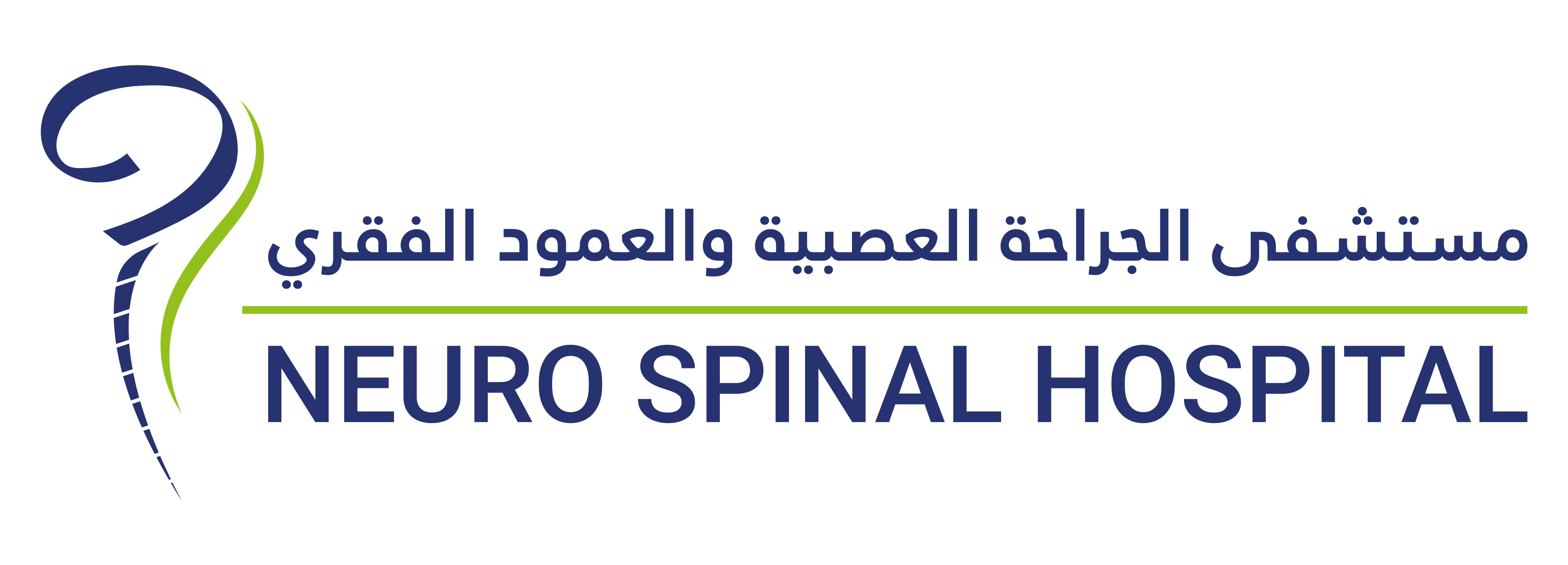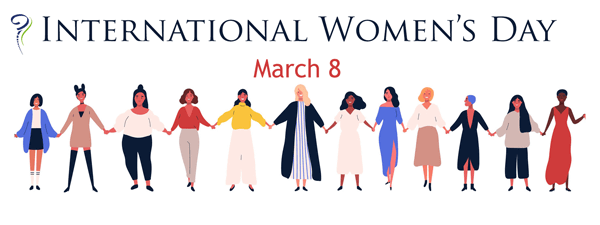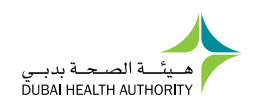What can I do to prevent problems from osteoporosis?
- Eat a healthy balanced diet, making sure you get enough calcium and vitamin D
- Maintain an active lifestyle, including muscle strengthening and weight bearing exercises, to help build strong bones and slow bone loss.
How much calcium do I need?
The recommended daily intake for women under 50 is 1000 mcg of calcium. For over 50’s this increases to 1200mcg.
Which foods contain calcium?
Good sources of calcium include dairy products, green leafy vegetables, fish, and soy products such as tofu. Some foods may also be fortified with calcium, such as cereals.
How can I tell if I’m getting enough calcium?
The International Osteoporosis Foundation has a calcium calculator on their website to help you estimate the amount of calcium in your diet.
Why do I need Vitamin D?
Vitamin D helps improve absorption of calcium and maintain bone health. There are a small number of foods, such as salmon, sardines, tuna, and egg yolk, which contain Vitamin D. It can also be obtained from safe exposure of the skin to sunlight.
Should I take supplements?
It is generally better to obtain vitamins and minerals through food, but if you find it difficult to eat enough calcium-containing foods or obtain sufficient Vitamin D from either sunlight or diet, ask your doctor about supplements. Taking the recommended supplements is important for pregnant or breast-feeding mothers.
How can I find out more about my risk of osteoporosis?
A specialist orthopaedic doctor can discuss factors such as age, medical history, diet, hormonal levels, and lifestyle issues. A bone scan, which uses low levels of X-rays to measure the density of minerals in your bones, may be recommended for post-menopausal women, or younger women with risk factors for osteoporosis.







